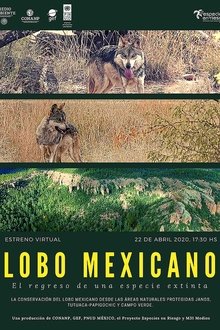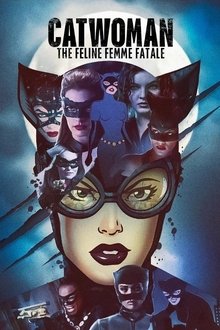Featuring interviews with filmmakers and industry legends, discover the origins and evolution of The Joker, and learn why The Clown Prince of Crime is universally hailed as the greatest comic-book supervillain of all time.
Related Movies
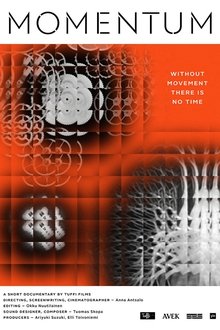
Momentum (2015)
In Finland, a small child is waiting for his time to begin. His heart is broken. A major heart surgery is expected. There is a fight against time. The boys parents are wandering in the corridors of the hospital. The heart is stopped during the surgery operation. Le Locle, a village in Switzerland acts as the heart of watch industry. Narrow streets of the village carry vital parts to watches and nowdays also into human bodies, for example pacemakers. Village is formed as a big factory line and appears as a time-twisting machine. There pieces are refined and workers hands turns the time on and off.
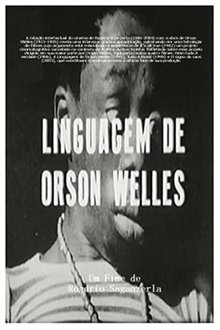
Welles' Language (1990)
Orson Welles acted in Brazilian culture and music by deeply researching Brazil's historical geology, consciously completing a legendary cultural mission. Although being turned down by Hollywood producers, he developed a triumphantly accomplished mission in the language domain - three friends of Welles' testified his love for cinema, his passion for Brazilian music and people and his obstinate endurance against formidable pressures coming from inside and outside Hollywood regarding his unfinished "It's All True".

My Marlboro City (2011)
Brindisi, Italy: a focal point in cigarette smuggling. The director returns to her hometown to see what's left of the past and what lies in store for the future.

A Girl in the River: The Price of Forgiveness (2015)
A woman in Pakistan sentenced to death for falling in love becomes a rare survivor of the country's harsh judicial system.
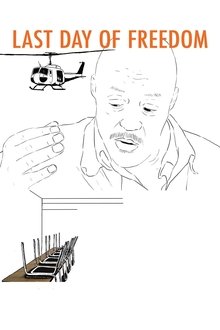
Last Day of Freedom (2015)
When Bill Babbitt realizes his brother Manny has committed a crime he agonizes over his decision to call the police.
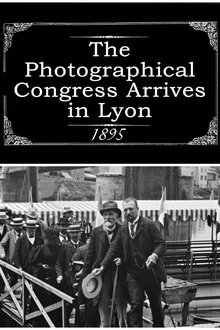
The Photographical Congress Arrives in Lyon (1895)
Down the gangway, photographers leave the deck of a riverboat in large numbers.

The Arrival of a Train at La Ciotat (1896)
A group of people are standing along the platform of a railway station in La Ciotat, waiting for a train. One is seen coming, at some distance, and eventually stops at the platform. Doors of the railway-cars open and attendants help passengers off and on. Popular legend has it that, when this film was shown, the first-night audience fled the café in terror, fearing being run over by the "approaching" train. This legend has since been identified as promotional embellishment, though there is evidence to suggest that people were astounded at the capabilities of the Lumières' cinématographe.
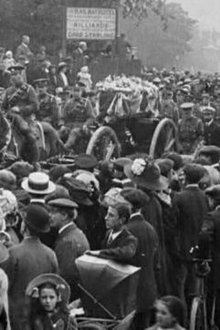
Hitchin. Honouring the Brave (1912)
Victims of a tragic air crash are honoured in a sombre military funeral procession through the streets of Hitchin.
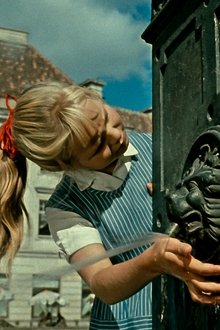
A Walk in the Old City of Warsaw (1958)
Little heroine, a music school student, wanders through the backstreets of Warsaw's Old Town and discovers a world to which others have no access. It is a world of extraordinariness and beauty of sounds. And these are sounds that are the most important thing for the girl – the hubbub of children, the sounds of the street, the puffing of a tractor, the tuning of an organ, the sweeping of a broom and the sound of jets flying overhead.
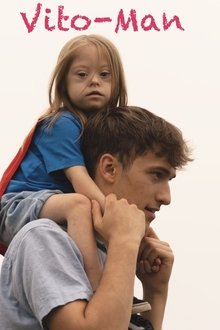
Vito-Man (2024)
Vito is a sweet little boy with Down syndrome, and this short documentary puts his energetic, jolly personality on full display as he interacts with his loving family. By showing Vito’s dignity and inherent value, Vito-Man tackles the difficult conversation that is the eradication of people with Down syndrome, proving that an extra chromosome should not be a death sentence.

Rated X (2020)
Rated X, a short documentary about the adult industry, focuses on giving a voice to the porn actresses working within it. In a perspective of showing how these women empower themselves with their job, Rated X shows the porn industry like never before.
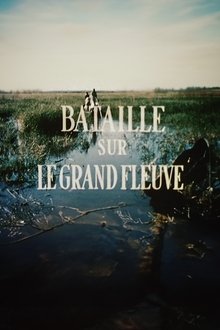
Battle on the Great River (1950)
In 1946 ethnographic researcher Rouch had attempted to film a "Bangaoui," a hippopotamus hunt along the river Niger, but the results were unsatisfactory.Five years later, he returns and makes the extra effort to get it right this time.

Besuch bei Busch (1961)
The main committee is of the opinion that the rating "especially valuable" can be retained. The style of the film is appropriate to the subject of "Visiting Busch" in its concentrated limitation to the authentic living environment. The individual visual motifs are composed with great care. On the one hand, the small world appears endearingly portrayed, on the other hand, the film's allusions to the background of the Wilhelm Busch phenomenon are convincing. Above all, the Committee would like to uphold the rating because the film, made in 1961, sought out the people who still knew Busch and bear witness to them in the film in an impressively simple and not exaggerated manner.

Lana Kaiser (2020)
In 2002, Lana Kaiser became well known in the first season of the German version of the Idol television franchise. She was born in 1985 and went by her birth name Daniel Küblböck. At only 17 years old she polarised the audience with her androgynous appearance and open bisexuality. On September 9th 2018, Lana disappeared from a cruise ship on her way to North America. Most media outlets and the majority of the public didn‘t consider calling her by her chosen name, Lana Kaiser. Philipp Gufler's video installation is a personal portrait of the singer and entertainer.
